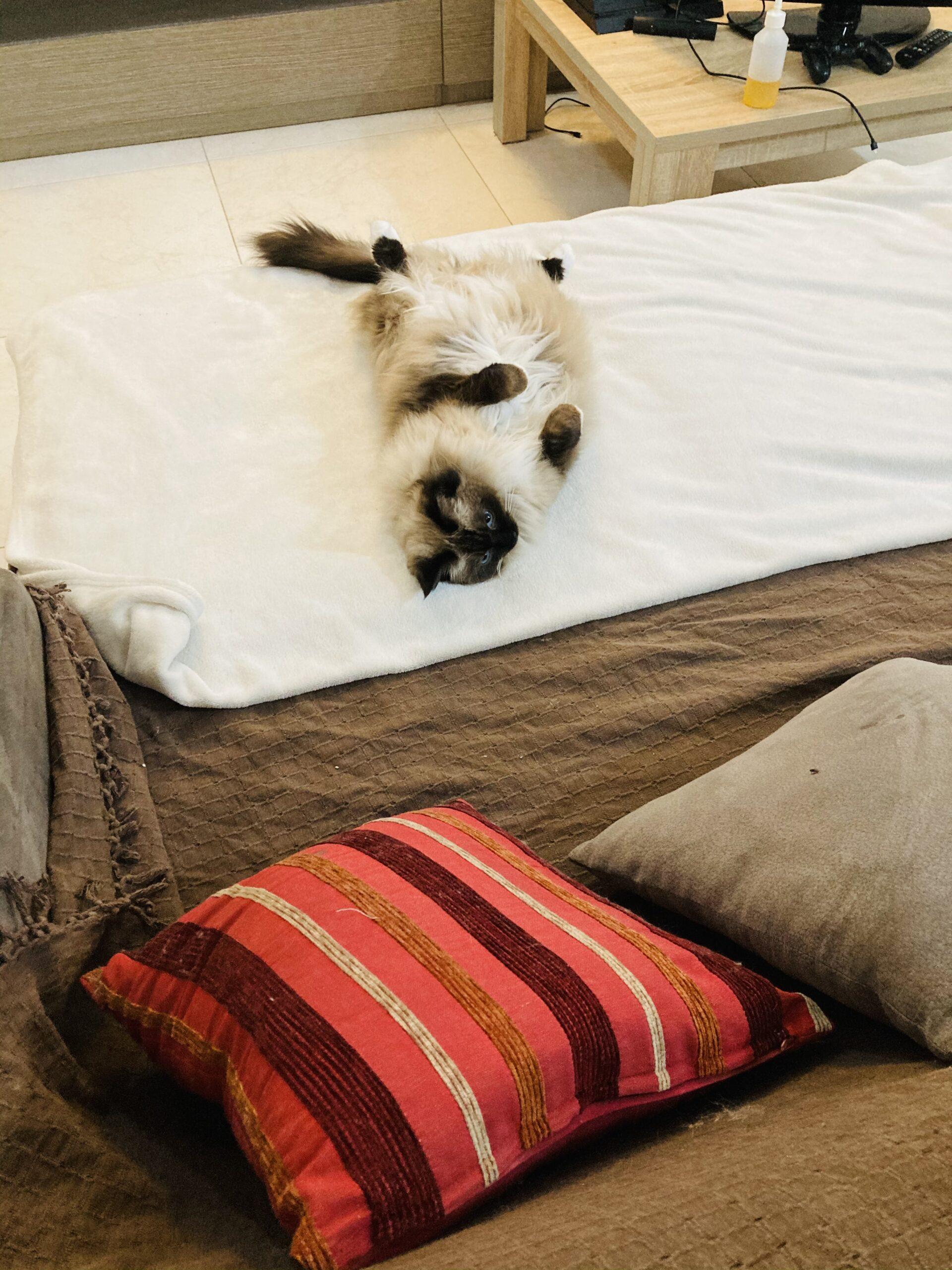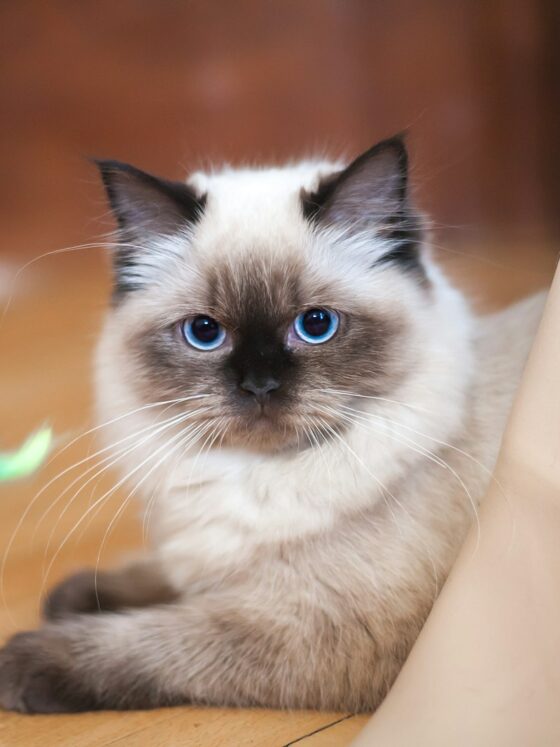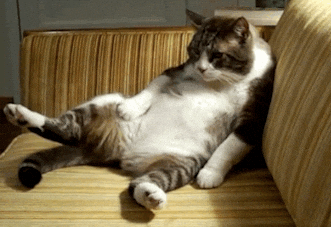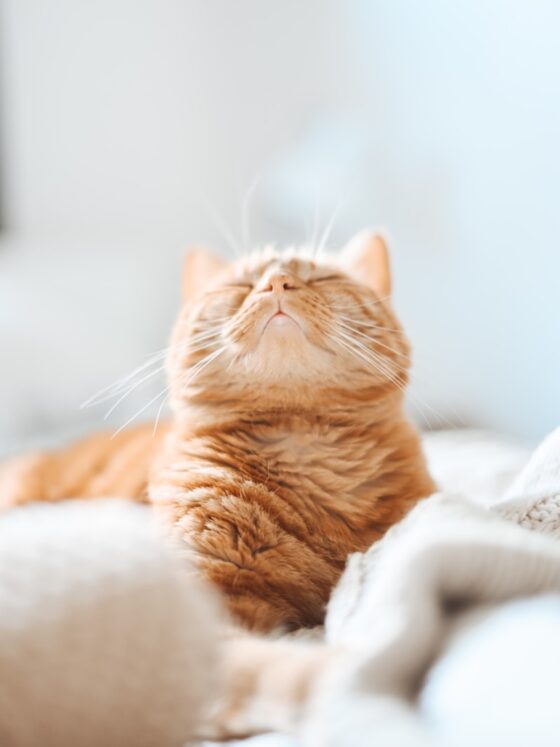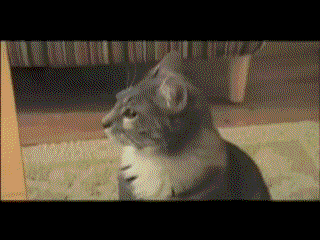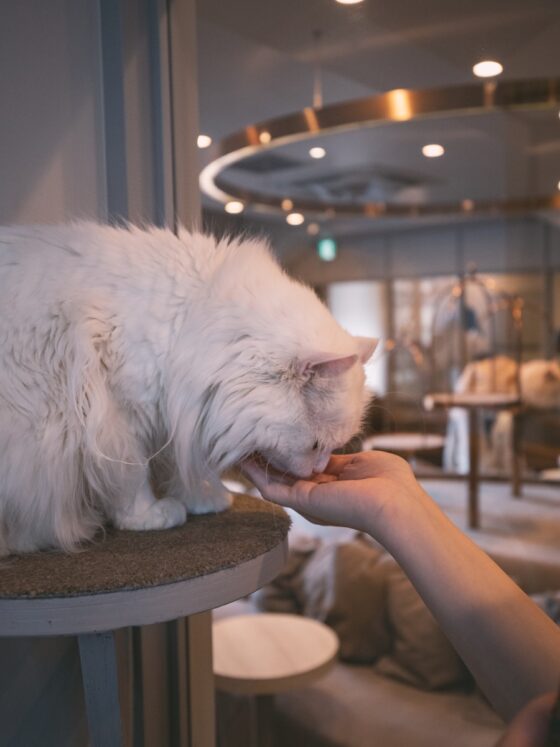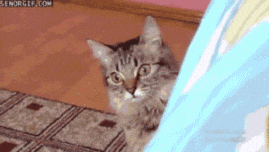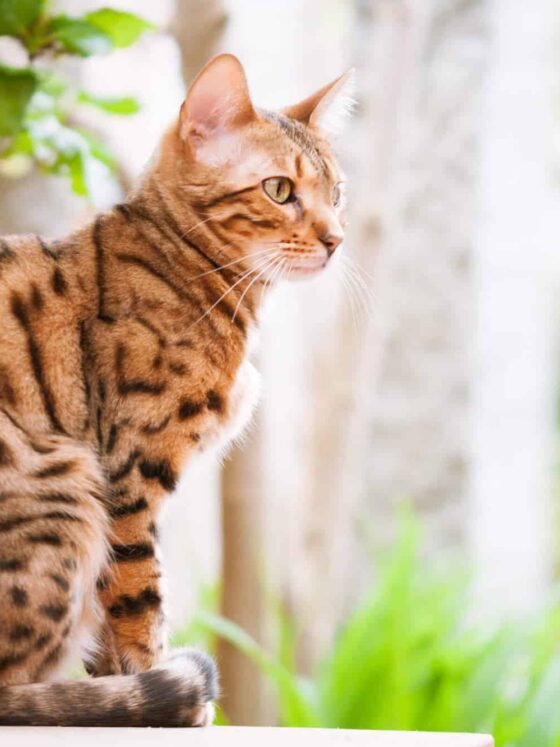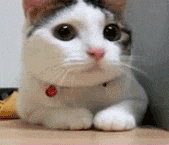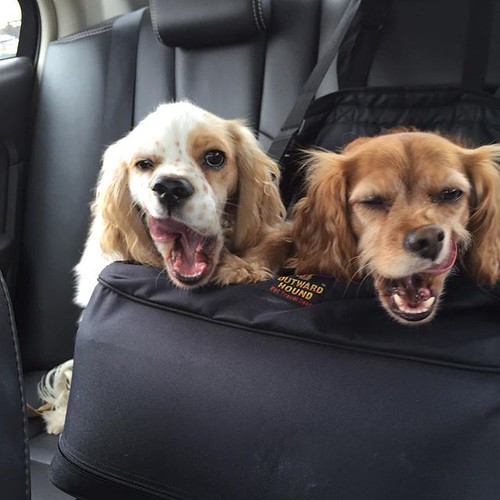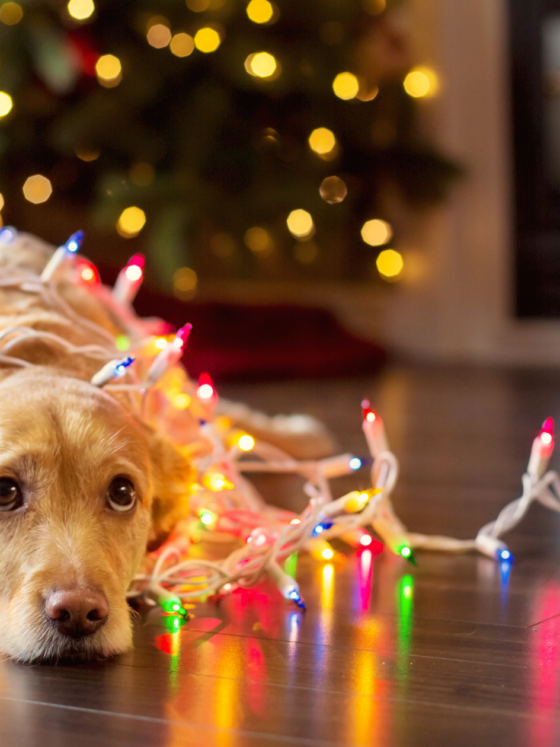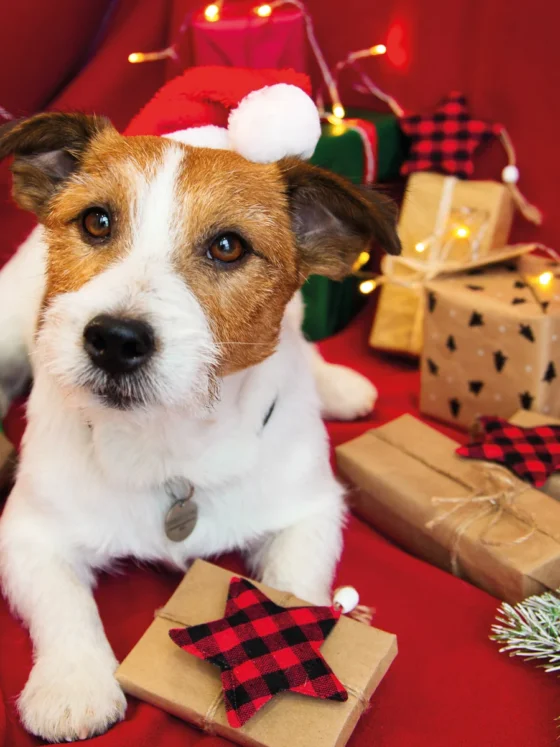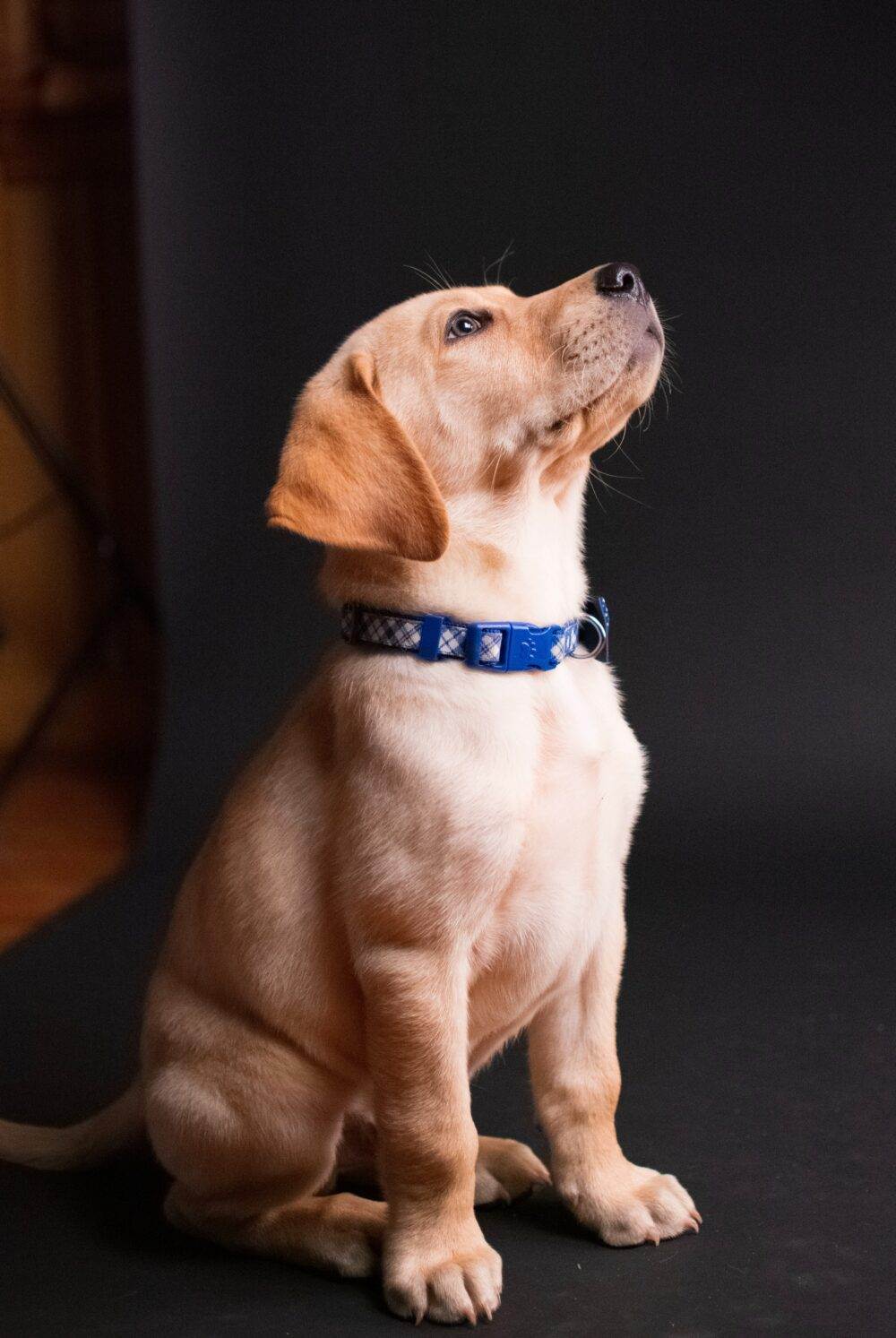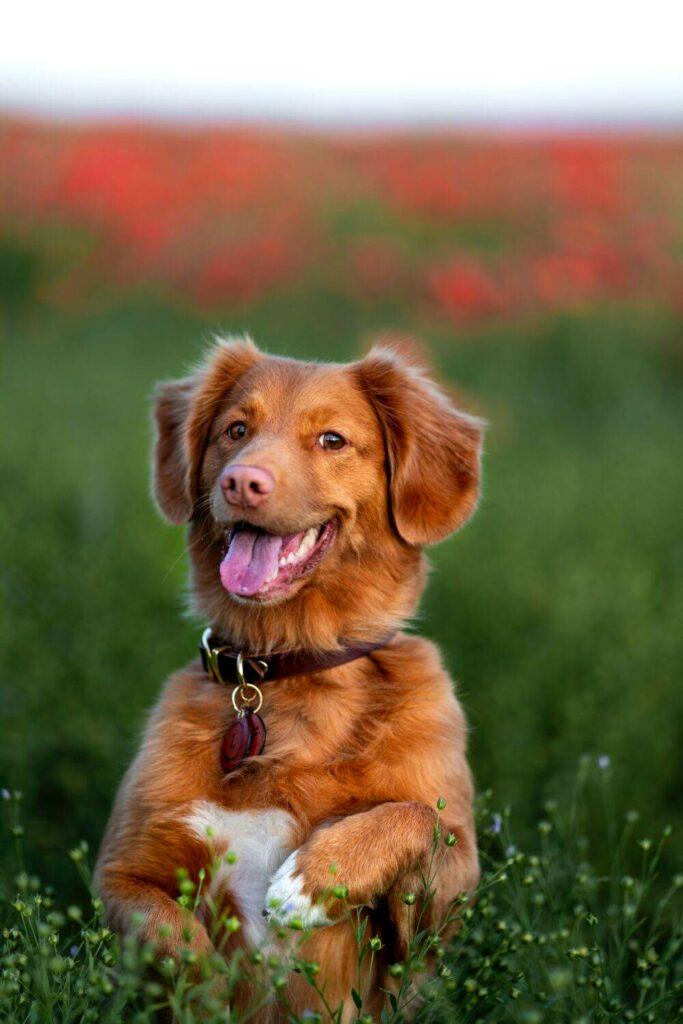Picture this: a fluffy cat delicately lapping up milk from a porcelain saucer. It’s cute. It’s classic. It’s also… not exactly the healthiest move.
For decades—thanks to Victorian artwork, old-school cartoons, and childhood stories—we’ve been fed the idea that cats love milk. But is it actually good for them? Spoiler: not really.
Let’s bust this age-old myth once and for all and answer the question: Is it safe for cats to drink milk?
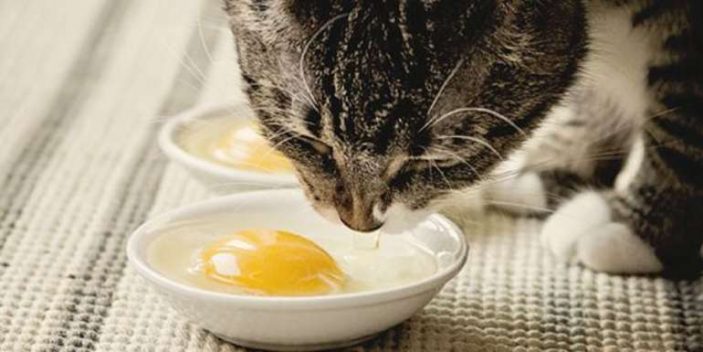
Where Did the Milk-and-Cat Love Story Begin?
Our cultural obsession with cats sipping milk probably started in the 19th century, when urban living and animal artwork soared in popularity.
Artists like Alfred-Arthur Brunel de Neuville became famous for painting scenes of cozy kittens drinking from bowls—fueling the idea that milk was a feline favorite.
But romanticism aside, the biology behind cat digestion tells a different story.
The Truth: Most Cats Are Lactose Intolerant
According to the People’s Dispensary for Sick Animals (PDSA), adult cats actually struggle to digest lactose, the sugar in milk. Just like many adult humans, cats can develop lactose intolerance after weaning.
What Happens If They Drink Milk Anyway?
When lactose-intolerant cats consume milk, it can cause:
- Upset stomach
- Diarrhoea
- Vomiting
- Bloating or gas
Not exactly the relaxing snack you had in mind, right?
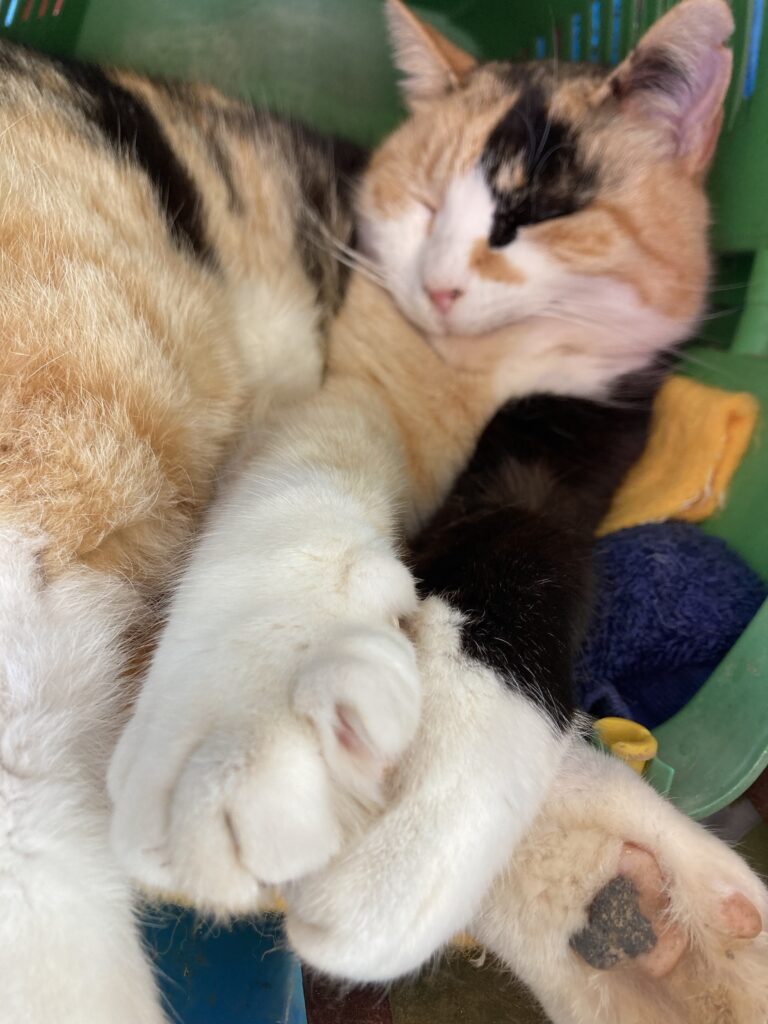
But What If My Cat Loves Milk?
That’s not uncommon! According to Hastings Veterinary Hospital, some cats crave milk simply because they associate the creamy texture or fatty taste with comfort from kittenhood.
But just because they want it doesn’t mean it’s good for them. Kind of like how we all want chocolate cake for dinner—but know it’s not the best long-term choice.
Milk = Pizza? Yes, Really.
Here’s a fun (but sobering) fact:
A saucer of cow’s milk for a cat is like a human eating an entire 12-inch pizza in one go. That’s how calorie-dense and fatty it is.
According to Dr. Nathalie Dowgray from the International Society of Feline Medicine, cats don’t need cow’s milk if they’re already eating a balanced, high-quality diet. In fact, milk is often just unnecessary extra fat.
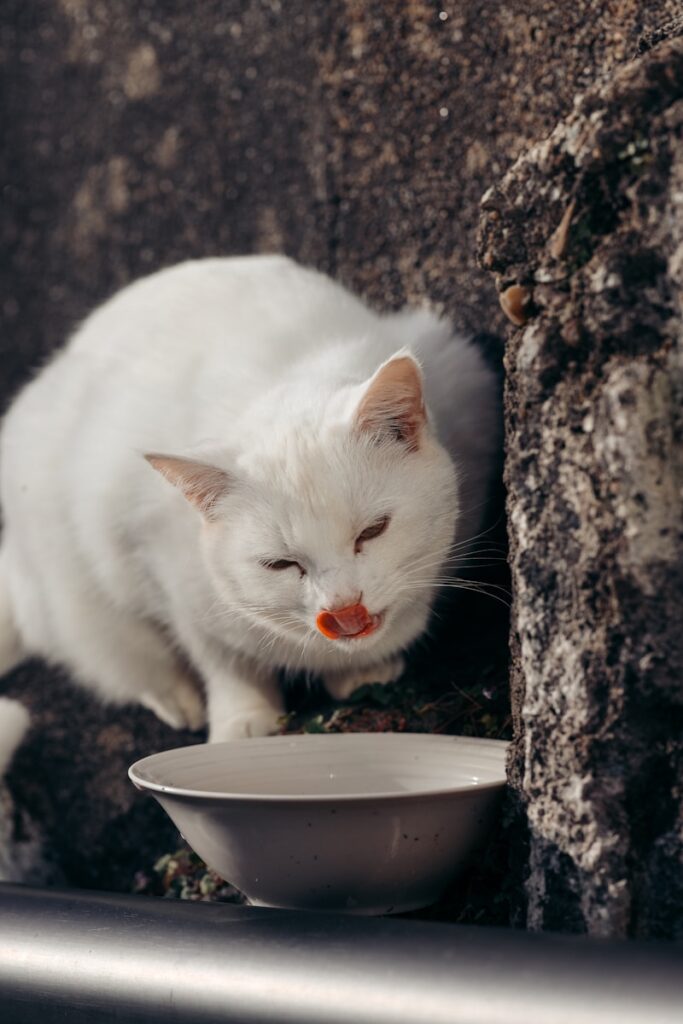
Special Case: Kittens Without Mothers
Now, there is one exception—kittens who are hand-reared because their mother is absent. But even then, cow’s milk or goat’s milk won’t cut it.
Instead, these kittens need a proper kitten milk replacer, designed to support their rapid growth with the right blend of protein, fat, and nutrients.
Kittens start transitioning to solid food around 3 to 4 weeks and should be fully weaned onto adult cat food by 8 to 10 weeks. After that? No more milk necessary.
So… Can Cats Drink Anything Besides Water?
Short answer: Not really.
There are specially formulated “cat milk” products available in pet stores and supermarkets—these are usually lactose-free and designed to be safe for cats in small amounts.
But they’re still treats. Fresh, clean water should always be your cat’s main drink of choice.
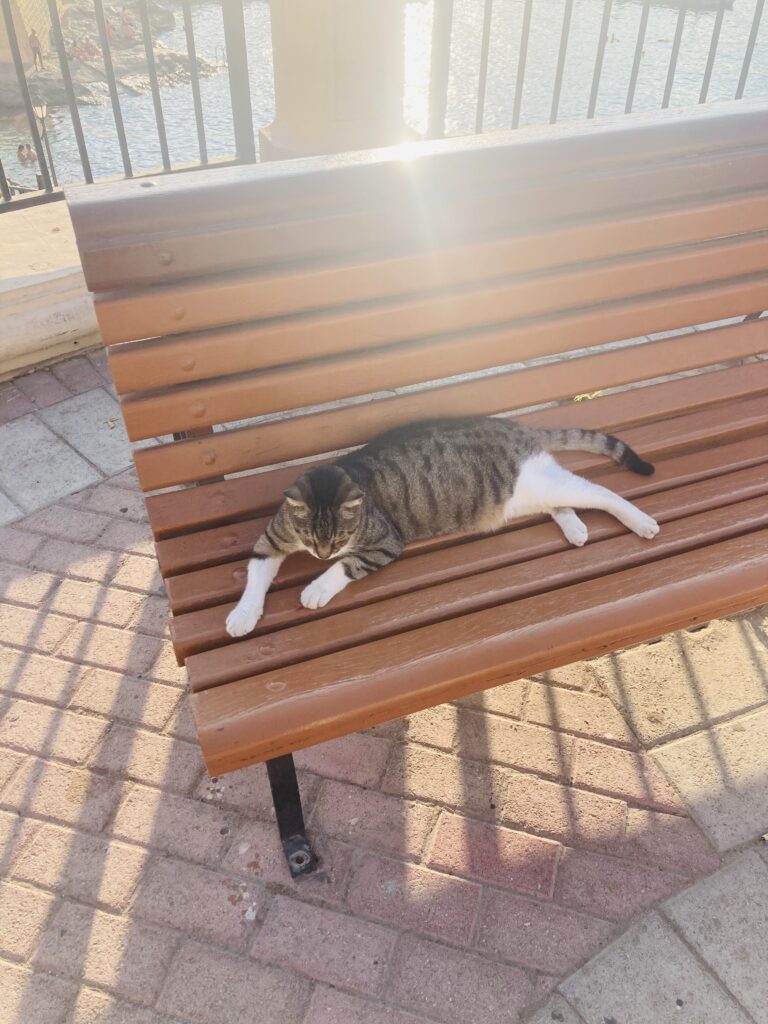
If Not Milk, What Can I Treat Them With?
Treats that won’t lead to tummy trouble include:
- Freeze-dried meat snacks
- Homemade tuna cubes
- Soft, lickable cat treats
- Catnip (if they’re into it)
Or better yet, try your hand at DIY cat meals that are both safe and delicious. Check out these ideas:
10 Recipes for Homemade Cat Food That All Cats Will Enjoy
What If You’ve Already Been Giving Them Milk?
Don’t panic! One sip won’t hurt most cats. But if you’ve been making it a regular treat, it’s probably time to stop. Watch for signs of digestive distress, and switch over to water or specially formulated cat milk if your feline really misses the ritual.
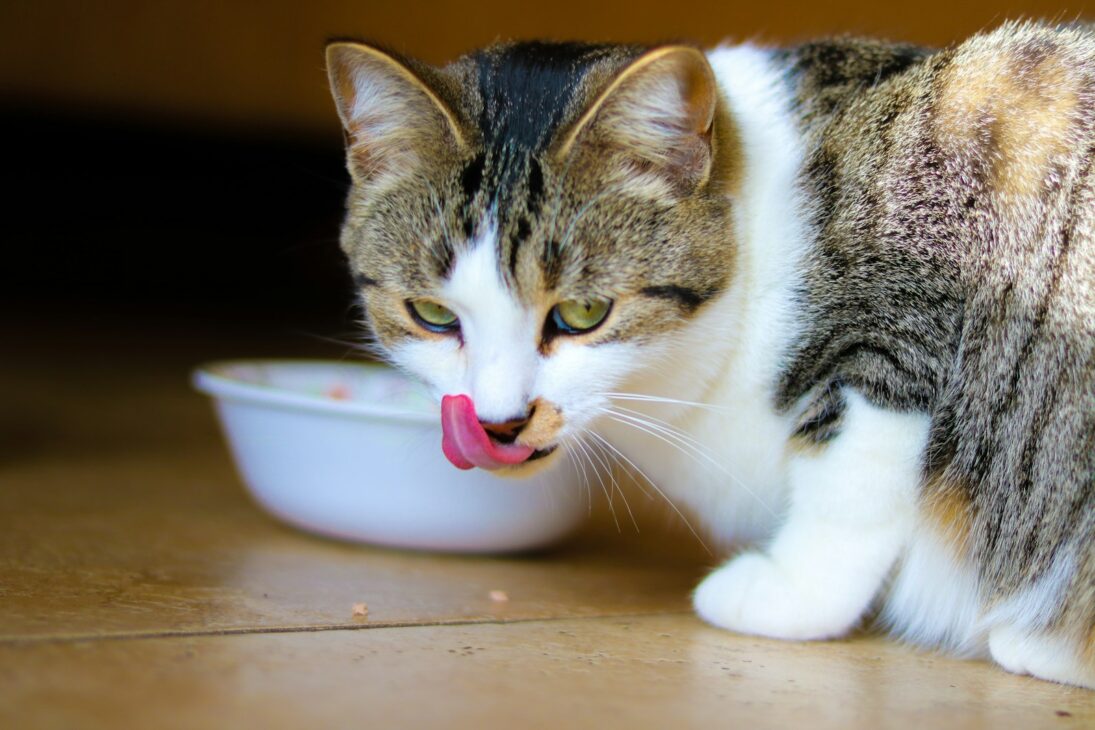
Also, keep in mind that not all cats forget easily. Some will definitely notice when their milk routine disappears.
Here’s more on feline memory:
Do Cats Forget or Miss Their Owners?
Final Thoughts: Let the Myth Melt Away
That timeless image of a kitty sipping milk may be adorable—but it’s not the healthiest choice. Most adult cats are lactose intolerant, and milk is more indulgent than nutritious.
So the next time your furry friend gives you those eyes near the fridge, offer fresh water or a safe treat instead. Their belly (and your vet bills) will thank you.


